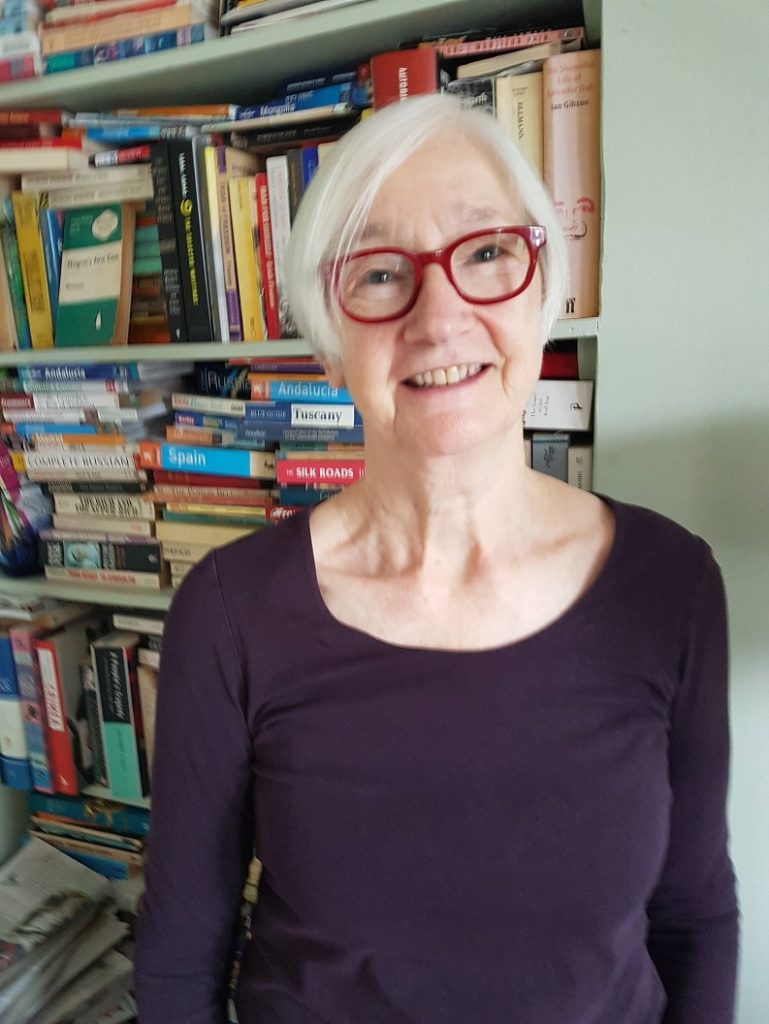Ali Sheldrick, an Access Officer in the Access and Engagement team shares some of the initiatives that students can access to ensure a smooth transition into higher education.
University life has always taken some getting used to. And this is especially true in an age of rapid and unpredictable changes to the delivery of higher education brought on by the onset of COVID-19.
With the continued success of students from under-represented backgrounds a key aim for the Access and Engagement (A&E) Department, we have been busy expanding our support for offer holders and new students over the past two years.
In addition to our support around specific scholarships and bursaries, this transition work has focussed on two programmes – BBK Chat, our student mentoring scheme, and On Track, our new transition support programme.
BBK Chat
“My first session was excellent because my Mentor explained how to do well at University regarding time management, where I can find help on my studies skills, essays and exam deadlines.” – BBK Chat Mentee feedback
BBK Chat is a peer mentoring scheme that offers first-year students from under-represented backgrounds an opportunity to meet with an experienced Birkbeck student. These informal, regular chats take place three times a year (autumn, winter, and spring) and give new students the chance to ask questions and speak with someone who can provide support and guidance from a student’s perspective.
Last year, meetings shifted from taking place over a tea or coffee in and around Birkbeck’s campuses to online only meetings. The 80 students who are meeting this year were given the choice of meeting online or in-person and paired up accordingly. This took place alongside a renewed emphasis on pairing according to common subject area, lived experience, and background wherever possible.
With this, we’re now able to sustain BBK Chat’s unique offer of tailored one-to-one guidance from people who have recent lived experience of successfully navigating their first year at Birkbeck.
On Track
“It was more than my expectations. I have learnt so much about others’ experience….” – On Track attendee feedback
On Track is a subject-specific programme that supports students from non-traditional entry routes (non-A-level) through the pre-entry and transition stages of their studies at Birkbeck.
First piloted in 2020 with two cohorts of Biomedicine and Law offer holders, it was expanded to include Arts Foundation Year and Business and Management subject areas for the 2021-22 intake: going from a total of 21 to 35 participants.
On Track provides academic guidance on what students can expect from their course, resources to support preparation and ongoing success with their studies, and a chance for them to get to know fellow students and staff before their first term at Birkbeck.
All offer holders who applied without A-Levels were invited to participate in the programme which was based around three subject-specific workshops, taking place over Summer and into the start of term. These were delivered by an A&E Access Officer, course teaching staff, and current students; whilst participants also benefitted from access to an On Track Moodle page and the option of one-to-one catch-up meetings in the first term.
Plans are being made to improve and expand On Track to reach more new students in 2022!
“…it really answered the questions, that were running through my mind regarding October…” – On Track attendee feedback
The Access and Engagement Department will be running a programme of outreach activity with both current and prospective students across the academic year, with Is University for Me? events planned for January and May 2022 and taster courses in Law (February) and Psychology in Education (May), plus much more!
For more information about our work and how to get involved, colleagues can email the team or explore our webpage.



